Czech jerky is loved even by the British army. Now comes the taste of Africa.
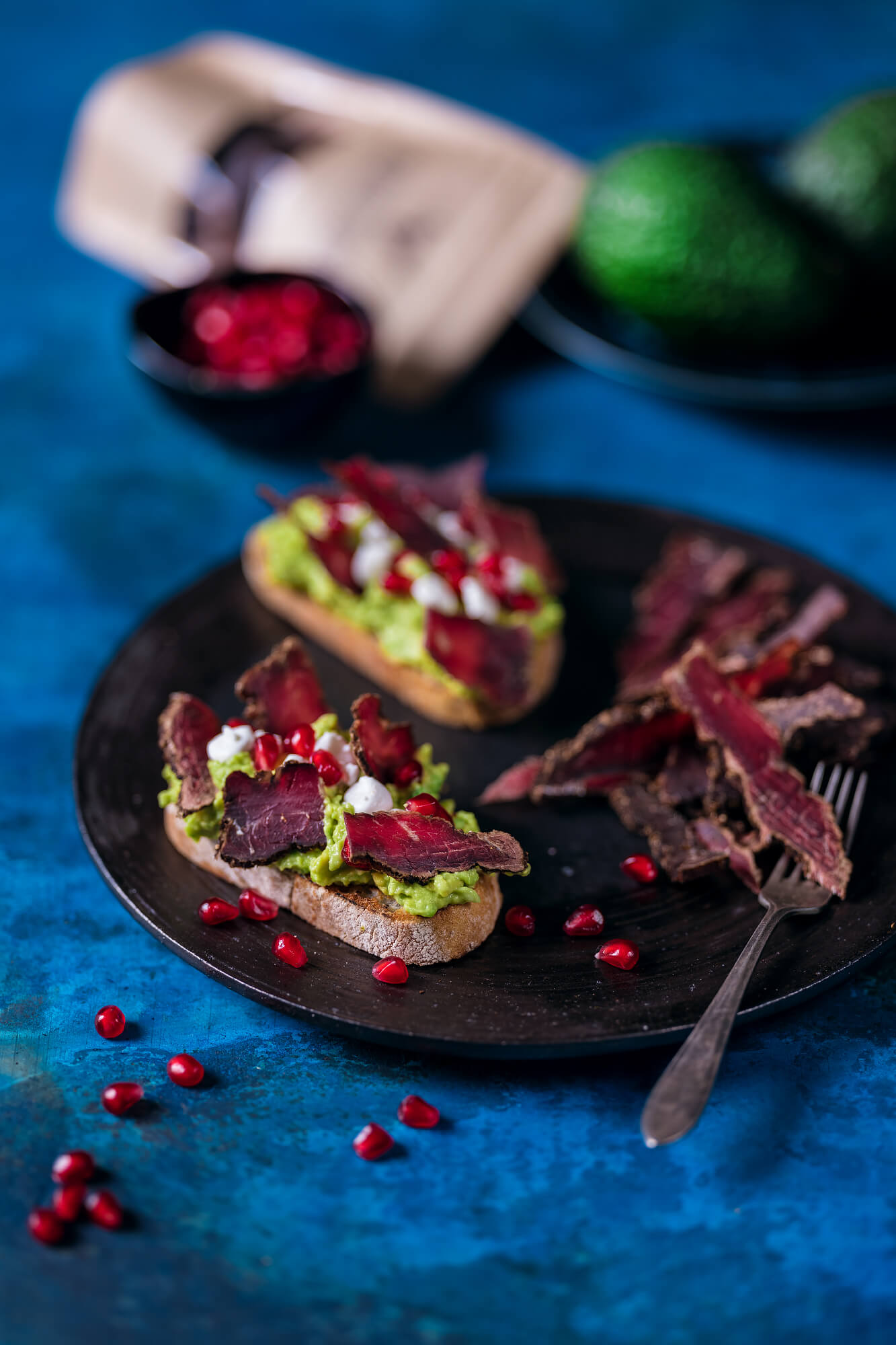
Getting all the certifications to supply Czech food to the British army isn’t exactly a walk in the park, especially with all the post-Brexit red tape. But the jerky producers from eastern Bohemia who pulled it off are proud of their achievement—and it seems the effort was worth it. “It gave us a perfect overview of every part of our production,” says Pavel Doležal, co-founder of Fine Gusto. Together with fellow founder David Novák, he recently unveiled new products they hope will help them conquer even more markets.
Beef is the best seller
Jerky is becoming increasingly popular. This dried meat snack is packed with protein, long-lasting, and portable. “Beef is the best seller, followed by turkey, then pork, and finally chicken,” explains Novák. It’s a hit with athletes who need a protein boost on hikes and treks, as well as office workers looking for a convenient snack. “Even kids love it, including those who normally don’t eat meat,” Novák adds.

Fine Gusto doesn’t just produce jerky under their own brand—they actually manufacture most of their jerky for other companies to sell under private labels. “We’re proud to help them develop products tailored to their tastes and texture preferences,” says Novák. Their factory near Pardubice also attracts small-scale producers who can’t handle the demands of full production but already have an established brand. Sometimes, these small businesses even sell their equipment to Fine Gusto when they shut down—gear that would otherwise end up as scrap.
This clever Czech ingenuity has also led to constant innovation in production. Technically savvy entrepreneurs have figured out ways to develop machinery that automates production, saving huge amounts of money compared to buying off-the-shelf systems. “At first, we struggled with manual labor in production, but automation solved a lot of those issues,” Novák explains. “We even have a number of patents. While others are interested in our machines, we’re keeping them to ourselves for now.”
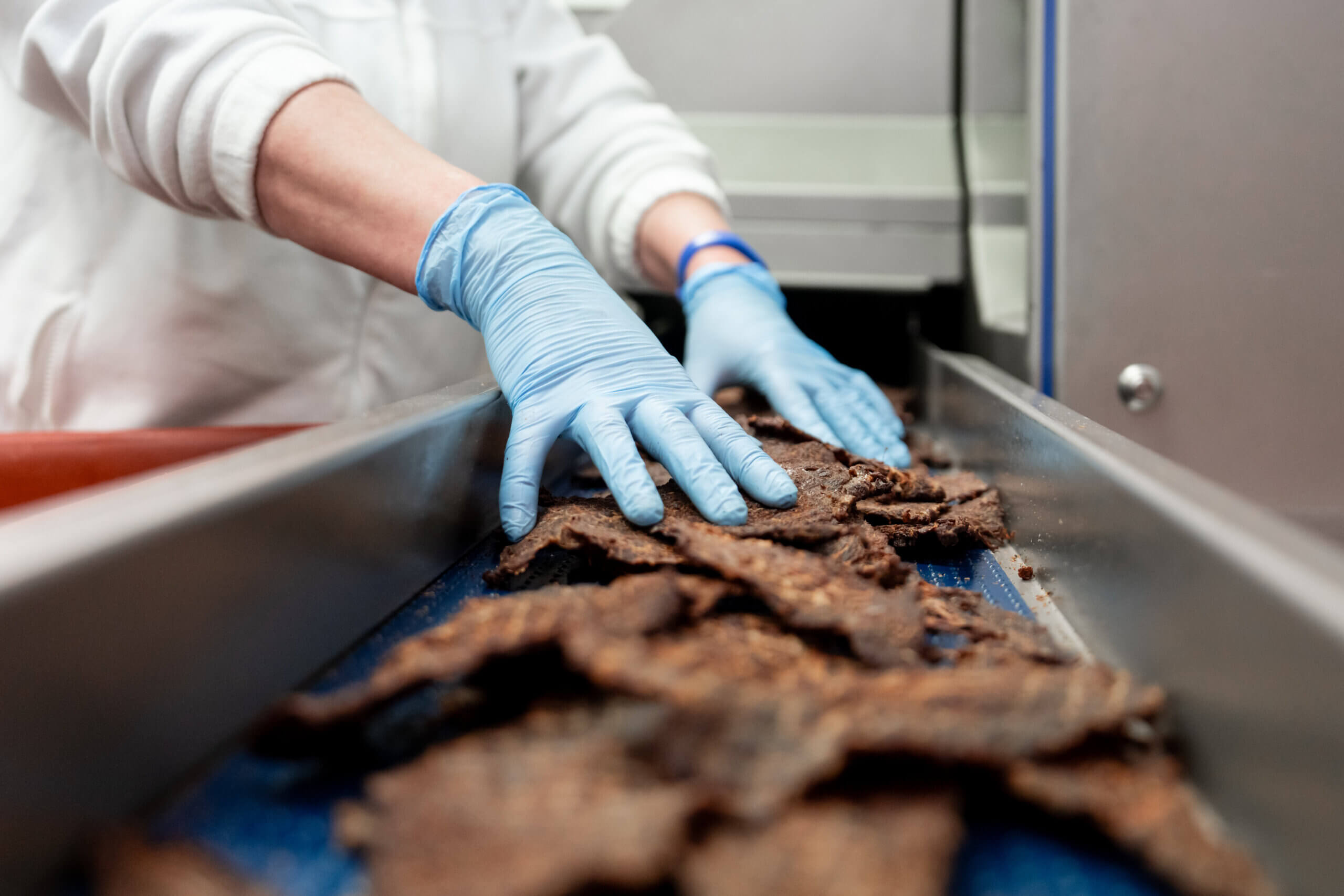
While rapid growth and a popular product seem like a dream come true, it’s not all smooth sailing. “We don’t have too many haters—our product is clean and free from additives—but some people do complain about the 4% salt content,” says Novák. Adapting to market trends is crucial. The rising demand for protein is a big win for the company, but they also have to respond to less meat-focused trends. For instance, vegan products are booming in Germany. While Fine Gusto does offer vegan jerky, it’s not a major focus for them.
What they’re really excited about right now is their collaboration with South African producer André van Staden, who spent years running a one-man operation making biltong.
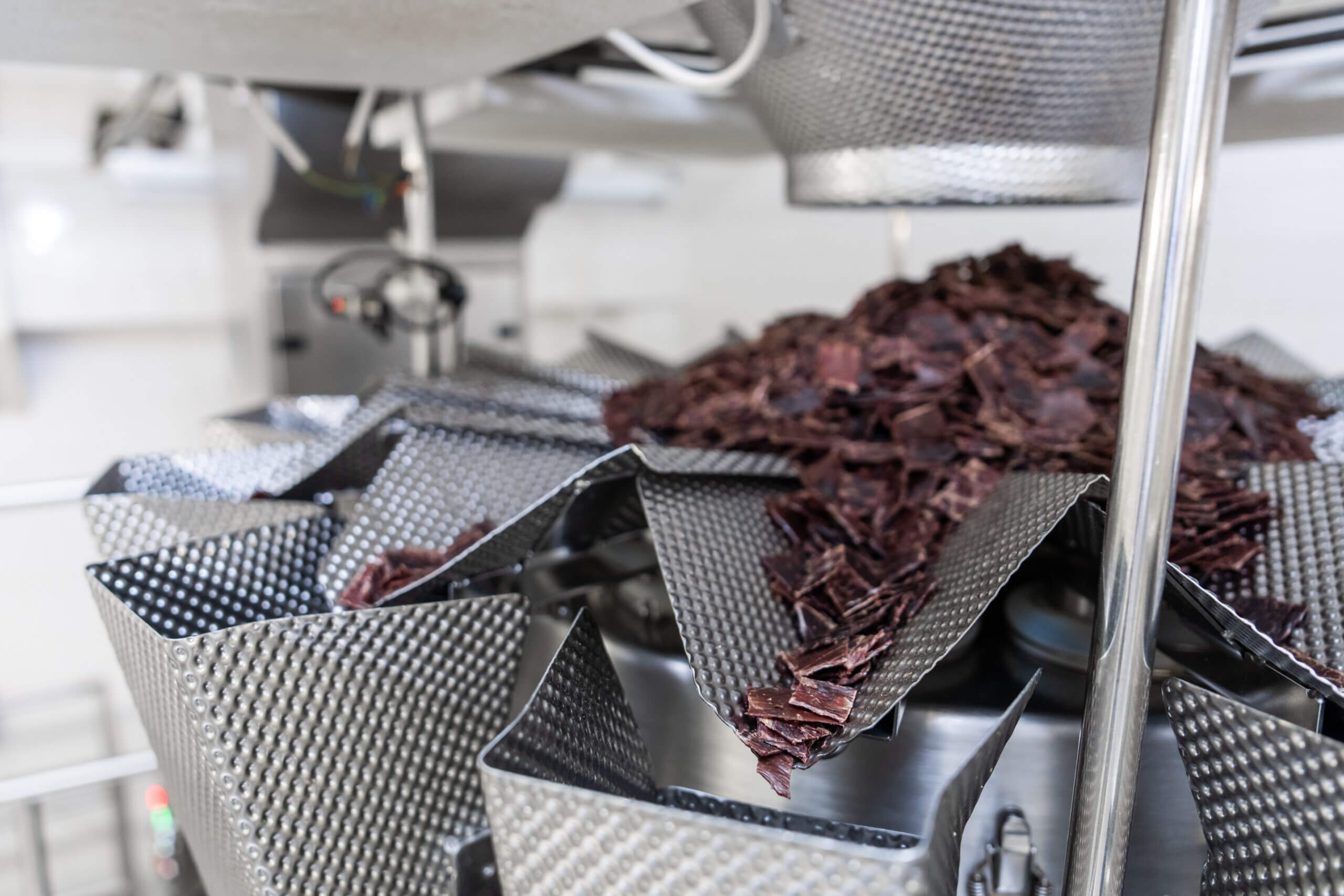
Biltong vs. Jerky
Biltong, unlike jerky, is processed in a completely different way. While jerky is heat-treated, biltong is air-dried at a lower temperature for longer periods. It’s also seasoned differently, often with coriander, which helps repel insects in South Africa, where it’s traditionally dried outdoors. Biltong is made exclusively from beef, cut into much thicker strips than jerky, and is closer in texture to something like prosciutto.
This premium product offers several health benefits, and its firm texture is loved by many, though it can be a challenge for those with sensitive teeth. To solve that, producers are experimenting with new forms, like biltong powder, which delivers the same flavor and protein boost without the chewiness.
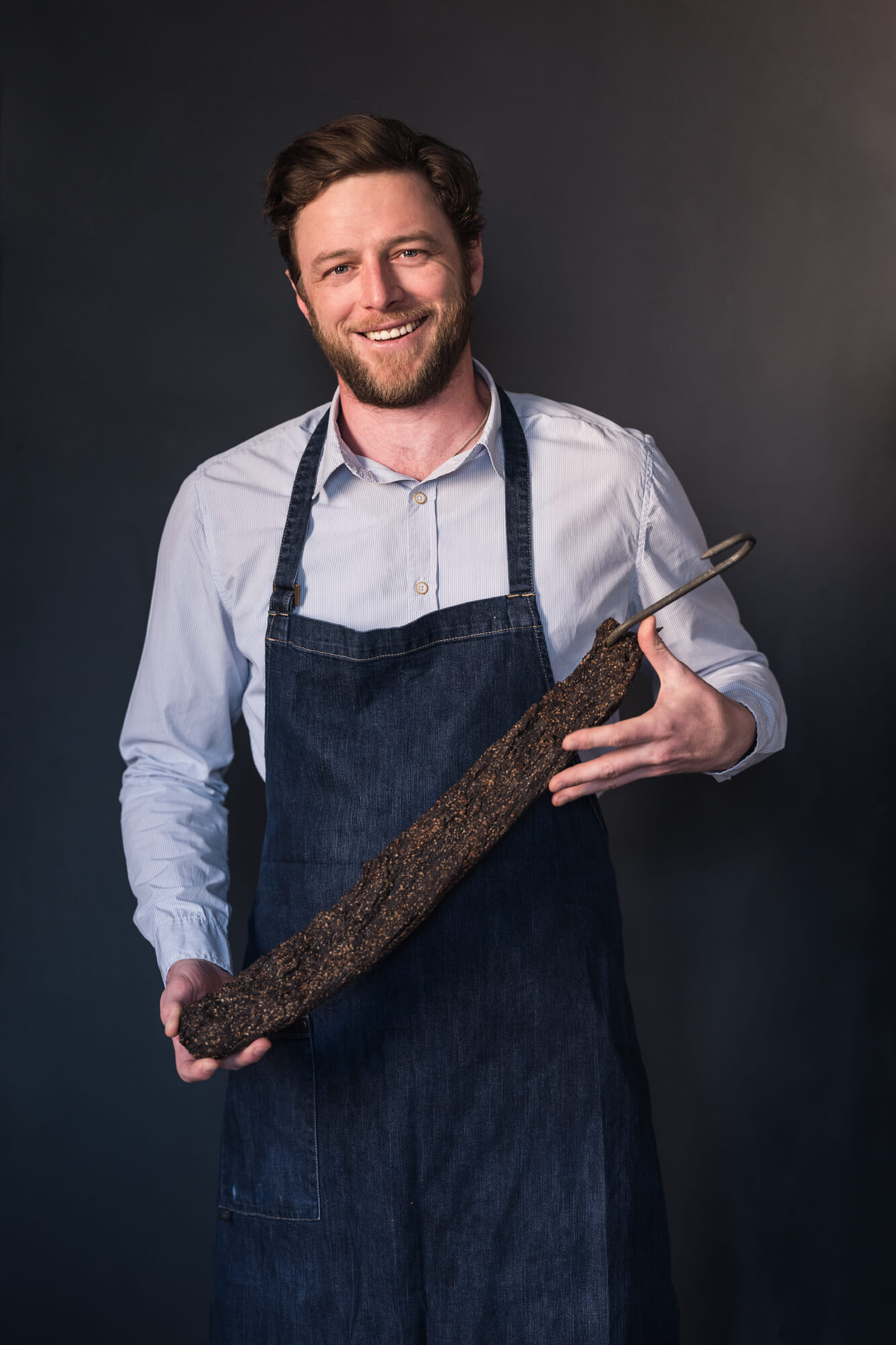
Andre Van Staden pro Fine Gusto
It’s a bit of a paradox: a traditional South African product making its way into European markets thanks to a small, persistent, and creative company from eastern Bohemia. Judging by the numbers—and the curiosity sparked by their new ideas—this venture might just have a bright future.
Comments


Co je v Praze zadarmo v červenci 2025
Co je v Praze zadarmo v červenci 2025: akce a aktivity bez vstupného. Průběžně doplňujeme…

Akce týdne: Becca Stevens, Jan Pištěk na Hradě a nálezy v Kobce
Co podniknout během týdne či o víkendu? Přinášíme tipy na akce a události, které byste…

Češi v Berlíně: letní update

Kinosál Bia Oko se otevře na podzim v novém
Bio Oko je legendární pražské kino s nezaměnitelnou atmosférou, které se nachází v srdci Letné…
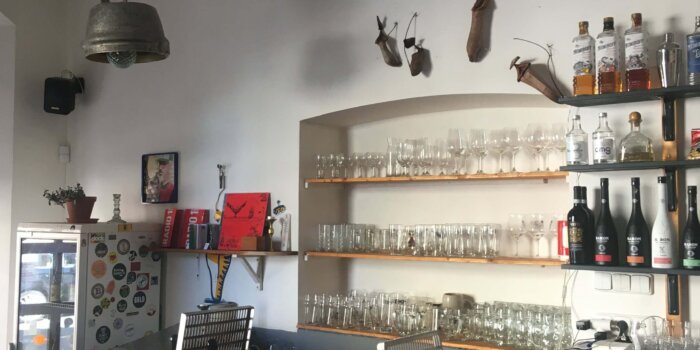
Nový bar s vinyly a knížkami: Symbiont
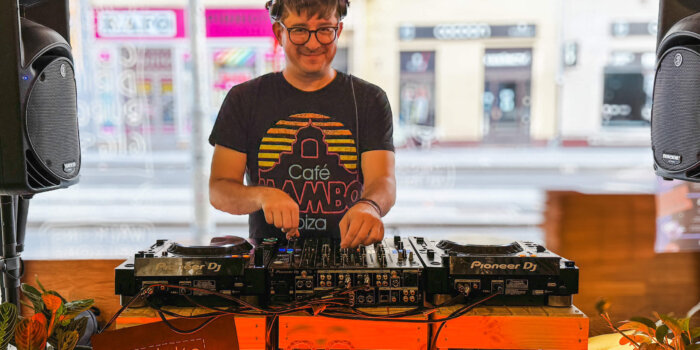
Letní DJ festival v Bistru Radost: od června do září
Letní DJ festival v Bistru Radost je propojením atmosféry ulice, dobrého jídla, drinků a elektronické…

Koncerty a festivaly: kdy a kde

Letní kina: Náš výběr. Praha, Čechy, Morava, Řecko, Německo, Itálie, Švýcarsko, Nizozemí…

Aktuální výstavy v celé ČR – přehled

Co je v Praze zadarmo v červenci 2023
Aktuální akce bez vstupného v Praze. Průběžně doplňujeme o nové akce, sledujte tuto stránku i…

Železná koule. Tělocvična bez zrcadel
Lidské tělo se během stovek tisíc let evoluce vyvinulo tak, aby chodilo, nosilo či házelo…
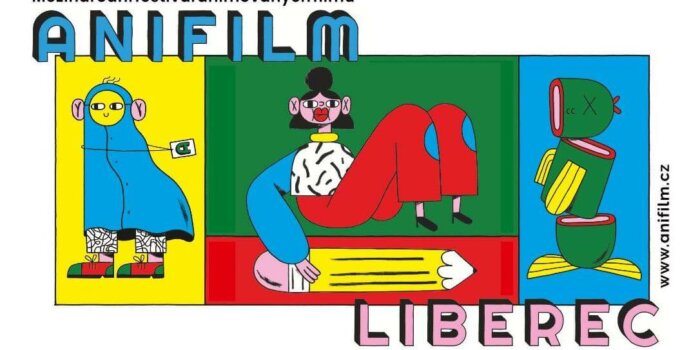
Mezinárodní festival animovaných filmů Anifilm poprvé v Liberci!
Mezinárodní festival animovaných filmů Anifilm je nejvýznamnější akcí svého druhu ve střední Evropě a je…
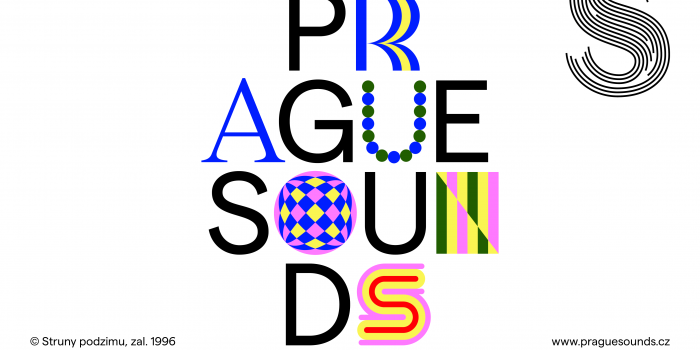
Festival Struny podzimu mění název na Prague Sounds, nabídne Frahma i Ghostpoeta
Festival Struny podzimu mění název na Prague Sounds. Není se čemu divit, festival za čtvrtstoletí…

Stylové a pohodlné oblečení na léto – inspirujte se módními trendy
Svoboda, přátelská atmosféra a oblíbené aktivity v přírodě jsou jen některými z důvodů, proč se…

Oči a alergie
Jak vyzrát na alergie a podráždění očí Alergeny jsou nežádoucí látky, které vyvolávají alergické reakce…



